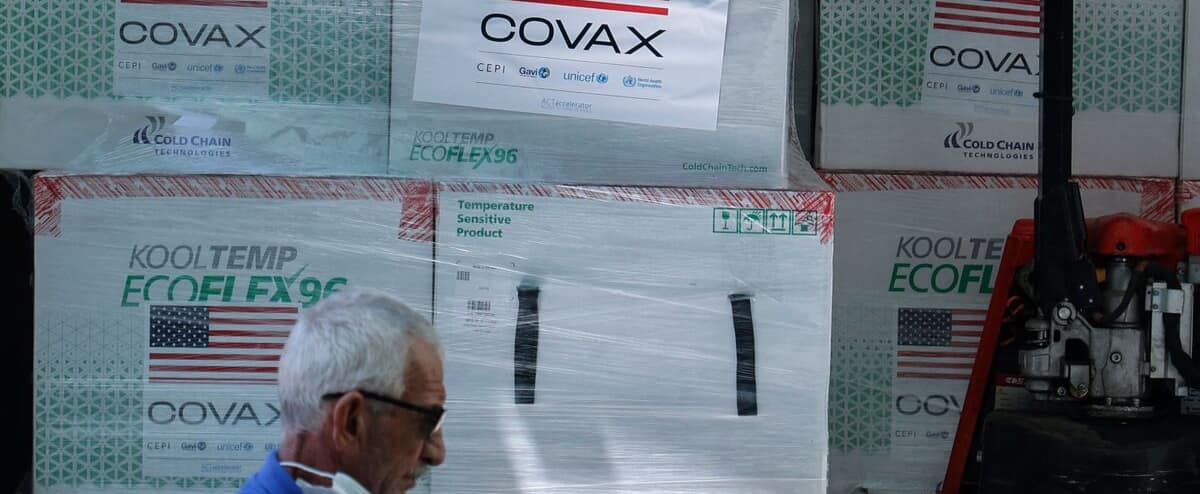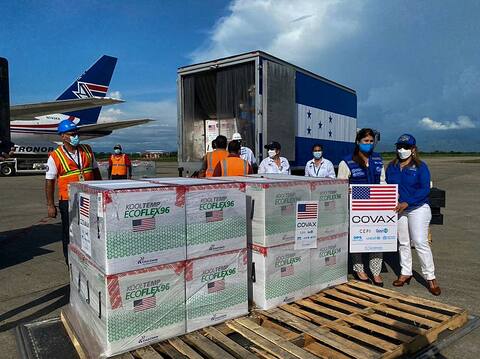The international system Covax, which provides vaccines against COVID-19 to poor countries, said on Wednesday that it needs $5.2 billion within three months to fund the 2022 serum doses.
• Read also: Covid-19: Poor countries refuse 100 million doses of vaccine near the expiration date
• Read also: The World Economic Forum warns that inequality in access to a vaccine may complicate climate challenges
• Read also: Global Summit on Fair Vaccination
Covax celebrated the delivery of its billionth dose last weekend, after nearly a year of operations and a marked boost in November and December 2021.
“In 2022, we can help stop Covid by adapting the way we do business by ensuring doses are used quickly and injected safely and that country preferences and coverage goals are met,” said Seth Berkeley, president of the Vaccine Alliance, which is one of its members. Global, UNICEF and CEPI.
“This will help the world reduce epidemic risks and uncertainties,” he said in an appeal to donors.
Covax needs $3.7 billion to fund a reserve of 600 million doses, which must ensure a smooth supply and be able to handle unexpected events such as booster doses or vaccines adapted to new variants.
Another billion aims to help poor countries prepare and distribute vaccines to avoid waste.
Finally, $545 million should be used to cover costs such as transportation, injections, or insurance.
To date, Covax has received $192 million from donors.
Seth Berkeley hopes the next billion doses will be delivered within four or five months instead of the year it took the first billion, when supply problems severely hampered operations.
Kovacs, which estimates it could save 1 million lives in 2022 and halves the economic cost of the pandemic in some countries, says it has access to enough doses to vaccinate about 45% of the population of the 92 countries that benefit from vaccine donations.
But 25 of these countries do not have the infrastructure for an effective vaccination campaign.
WHO chief Tedros Adhanom Ghebreyesus has once again denounced the inequality in vaccines, saying that despite 10 billion doses of Covid vaccines being given so far, nearly half of the world’s population has not been vaccinated.
He noted that it was this unfairness that facilitated the emergence of variants such as Omicron and warned that “the next alternative may be worse.”
In 2022, we can either end the acute phase of the epidemic or prolong it. He added that world leaders have a choice.
See also…

“Extreme twitteraholic. Passionate travel nerd. Hardcore zombie trailblazer. Web fanatic. Evil bacon geek.”



